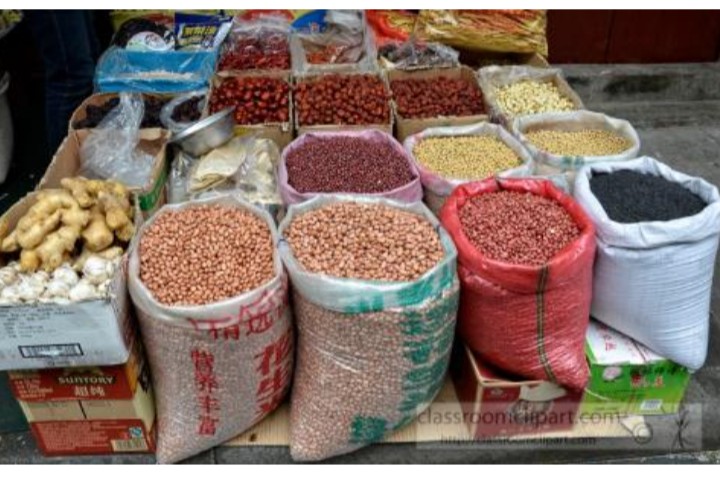


The persistent rise in food and commodity prices despite the appreciation of the naira has become a source of significant concern among Nigerians.
The persistent rise in food and commodity prices despite the appreciation of the naira has become a source of significant concern among Nigerians.
This is against the fact that when there was a slight depreciation of the Naira, the cost of commodities immediately went up. And the traders lay the blame on the rise in the dollar to Naira exchange rate.
NECA worries over rising prices despite naira appreciation— NECA
Adewale-Smatt Oyerinde, director-general, Nigeria Employers’ Consultative Association (NECA), says the tightening measures adopted by the Central Bank of Nigeria (CBN) have led to the appreciation of the naira, but lamented rising prices of goods and services in the economy.
“Despite currency appreciation typically dampening inflation by reducing import costs, other factors are exerting stronger upward pressure on prices. Supply chain disruptions, logistical challenges, and rising production costs continue to drive up prices across various sectors, amplifying inflationary expectations,” Oyerinde said.
He, however, hinged hope the Dangote refinery, saying its commencement of production and distribution of petroleum products, would positively impact transportation costs and other production expenses.
The recent Consumer Price Index report by the National Bureau of Statistics (NBS) for March revealed an increase in the inflation rate. In March 2024, the inflation rate surged to 33.01 percent, marking a notable uptick from 31.7 percent recorded in February.
This indicates a 1.31 percentage point increase over the period, reflecting the growing inflationary pressures in the economy. Moreover, when compared to March 2023, the inflation rate rose by 10.97 percentage points, further underscoring the magnitude of the inflationary challenge. But of particular concern to NECA is the spike in food inflation, which climbed to 40.01 percent in March 2024 from 37.72 percent in February.
Food inflation accounted for 17.2 percent of the total inflation rate for the month, highlighting the significant impact of rising food prices on overall inflationary trends. Additionally, the share of housing, water, electricity, gas, and other fuels contributed 5.56 percent to the total inflation rate, further adding to inflationary pressures across essential sectors.
Oyerinde believed that with time and the introduction of supplementary measures from the fiscal authority, addressing supply chain fundamentals, the inflation figure would begin to decline. He called on policymakers to adopt a holistic approach to addressing inflationary pressures and promoting economic stability.
SPONSORED LINKS
[TRENDING SONG!!] Romani D-Fans – Bestie (Prod By Krizbeatz)
[TRENDING MIXTAPE!!] DJ Baddo – Bestie Unlimited Mix
[TRENDING SONG!!] TYSG Ft Bad Mz X Kendi Rozzi – Iyariya
INSTALL 9JAFLAVER MUSIC APP, STREAM, DOWNLOAD, AND PLAY MUSIC OFFLINE
CHECK OUT FUNNY PICTURE AND MEME HERE (CLICK HERE)
Chissom Anthony – Glory To God In The Highest [See Trending Gospel Song]
© 2014-2023 9jaflaver. All Rights Reserved.
About us | DMCA | Privacy Policy | Contact us
| Advertise| Request For Music | Terms Of Service
9jaflaver is not responsible for the content of external sites.